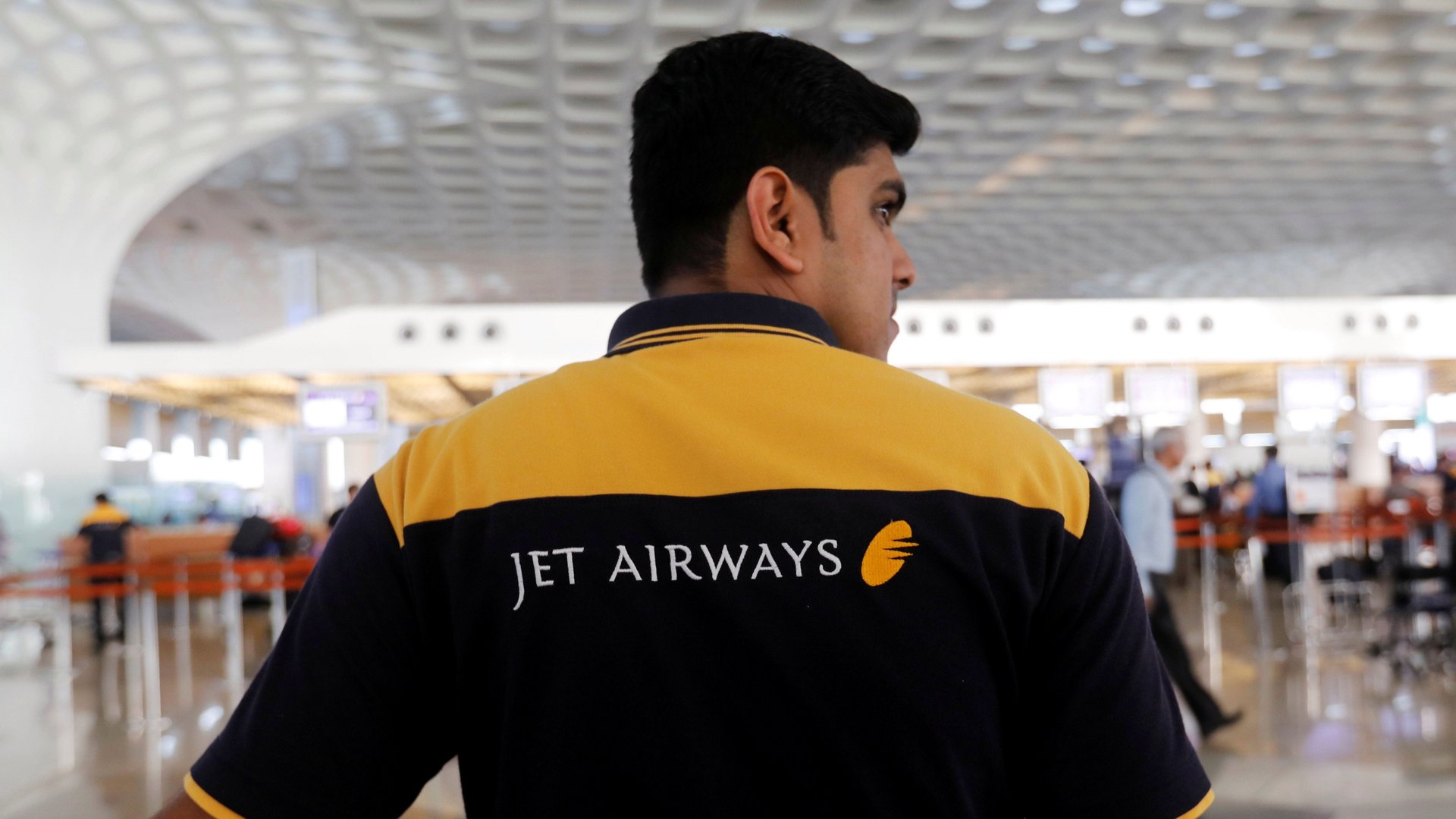Falling fuel prices bode well for India’s airlines, but bigger battles lie ahead
After a disastrous 2018, India’s airlines have begun the new year on an optimistic note.


After a disastrous 2018, India’s airlines have begun the new year on an optimistic note.
On Jan. 01, state-owned oil marketing companies (OMCs) slashed the prices of aviation turbine fuel (ATF) by a record 14.6%, providing the first tailwinds to the sector in 2019. This revision follows December’s 11% cut—OMCs revise ATF prices at the start of every month—and has brought ATF prices to their lowest in a year.
The aviation industry was wrecked by the double whammy of rising crude oil prices and a depreciating Indian rupee almost throughout last year. ATF prices have soared since April, while the rupee depreciated by over 9% in 2018, straining the balance sheets of local carriers.
India’s oldest private airline Jet Airways posted its third consecutive quarterly loss of Rs1,297 crore last September. Low-cost carriers were also hit. SpiceJet, India’s fourth-largest airline by passengers flown, reported losses in the first two quarters of the current fiscal year, while market leader IndiGo went into the red in September for the first time since listing on the stock exchange three years ago.
While the softening fuel prices clear the skies for many carriers, others like Jet Airways will have to iron out in-house problems before they can reap the benefits.
Old debts die hard
Jet Airways, India’s second-largest airline by market share, is saddled with a debt pile of Rs8,052 crore as on September and ended 2018 on a sour note. On Dec. 31, it defaulted on a loan from a consortium of banks led by the State Bank of India.
On Jan. 02, ratings agency ICRA downgraded its debt from C to D (default) category, after the cash-strapped airline missed its loan repayment. “There have been delays in the implementation of the proposed liquidity initiatives by the management, which have aggravated its liquidity. The company has already been delaying its employee salary payments and lease rental payments to the aircraft lessors,” ICRA said in a statement while announcing the move.
In a filing to the stock exchange, Jet blamed the default on a “temporary cash flow mismatch.”
But Jet is not the only Indian airline navigating an air pocket. State-owned Air India owes its lenders a massive Rs52,000 crore.
“Jet and other airlines had past losses, as a result of which their overall balance sheet structure had become adverse. They are grappling with high debt repayment and interest cost burden, which have added to the problem,” said Subrata Ray, senior group vice-president at ICRA. “But the fundamentals of the business are very much dependent on operating profit, which was badly impacted for all airlines because of the increase in cost due to rise in fuel prices and the rupee’s depreciation,” he added.
Now, as fuel prices soften, the ball is in the airlines’ court to get their houses in order.